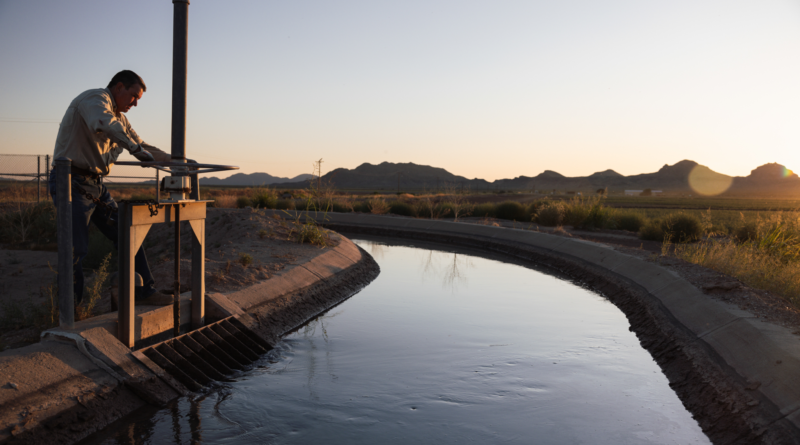Why Colorado River negotiations are so difficult
Negotiations over a new Colorado River management plan have stalled, leaving states unable to meet a federal deadline and raising uncertainty about how the already depleted river will be governed after 2026. With hotter, drier conditions shrinking the river by about 20% and pushing aging infrastructure to its limits, states are struggling to reconcile conflicting legal interpretations, long-standing shortages and the river system’s lack of resilience. If they fail to agree, the federal government may impose its own plan, or the dispute could head to court.
The impasse is further complicated by Western water law, which prioritizes older water rights and leaves newer users vulnerable to extreme cutbacks, as well as unresolved tribal water rights that historically have been excluded from decision-making. As disputes over the century-old Colorado River Compact deepen, tribal nations like the Gila River Indian Community warn that proposed cuts would disproportionately harm them, underscoring the need for a fairer and more inclusive agreement. Any lasting solution will need to balance legal obligations, hydrological realities, tribal rights and the limits of infrastructure built for a more water-abundant era.




